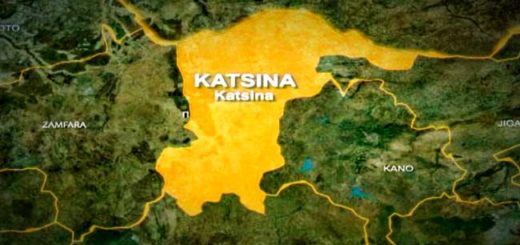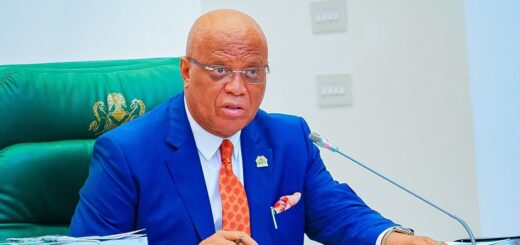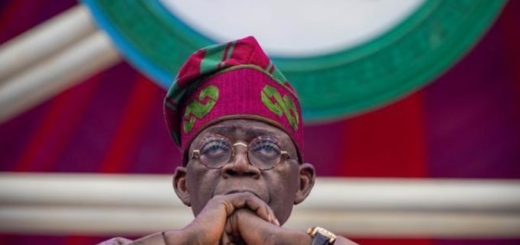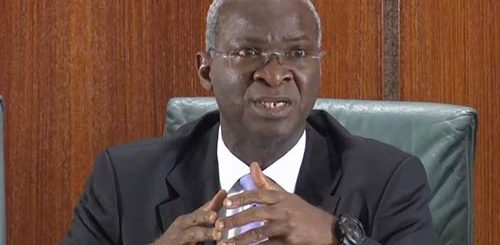“End Sharia Now Campaign Demands Removal of Islamic Law from Nigeria’s Constitution”
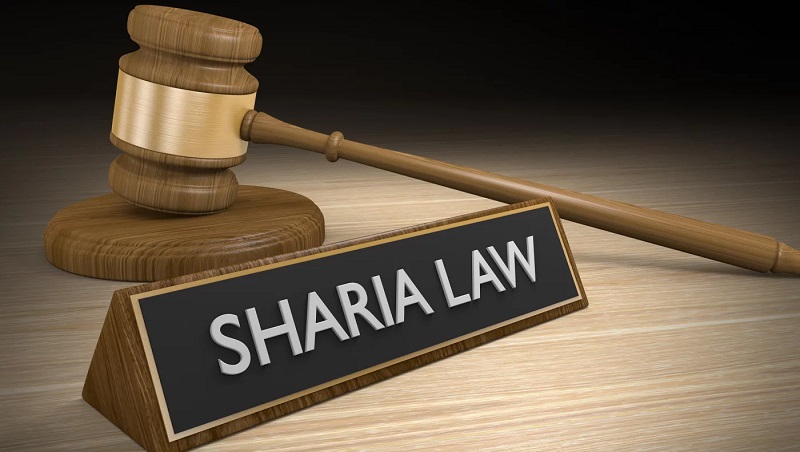 The human rights group End Sharia Now Campaign has called for the urgent removal of all Sharia law references and institutions from Nigeria’s constitution, arguing that the country is a secular state and cannot function under a dual legal system.
The human rights group End Sharia Now Campaign has called for the urgent removal of all Sharia law references and institutions from Nigeria’s constitution, arguing that the country is a secular state and cannot function under a dual legal system.
Benson Sunday, convener of the campaign, insists that any court or legal authority giving precedence to religious beliefs over citizens must be abolished. He also demands the full enforcement of Section 10 of the 1999 Constitution (as amended), which explicitly prohibits religious governance at both federal and state levels.
In a statement released yesterday, Sunday highlighted that 12 northern Nigerian states have fully implemented Sharia law systems, complete with religious police units known as Hisbah. These bodies enforce strict Islamic codes governing dress, alcohol consumption, gender relations, and even religious conversion. He emphasized that this issue transcends regional boundaries and represents a nationwide challenge.
Despite constitutional promises of religious neutrality, Sunday noted that the Nigerian Constitution contains numerous Islamic elements—terms, institutions, and provisions—that contradict the secular identity Nigeria claims.
“Our research reveals shocking details,” the statement reads. “The term ‘Sharia’ appears 73 times, ‘Islam’ 28 times, ‘Grand Kadi’ 54 times, and ‘Muslim(s)’ 10 times throughout the constitution. These are not just symbolic; they are legal frameworks enabling Sharia courts and authority across the nation.”
The campaign demands immediate removal of all Islamic/Sharia references, including Sections 260–264 and 275–279, which establish the Sharia Court of Appeal at federal and state levels and provisions creating the office of the Grand Kadi.
These legal tools have allowed northern states to enforce Sharia law, where even non-Muslims and liberal Muslims face trials and punishments under religious laws they do not recognize. Sunday warned this is unconstitutional, unjust, and threatens Nigeria’s unity.
He further cautioned about the dangers of maintaining a dual legal system—where secular laws govern some citizens and religious laws govern others. Such a system fuels division along religious lines, discriminates against minorities, suppresses freedoms of belief and thought, and leads to the legal persecution of converts and women.
The campaign urges civil societies, religious leaders, politicians, student groups, traditional rulers, and all Nigerians who cherish freedom to join the movement demanding a constitution that truly reflects Nigeria’s diversity, democracy, and secular values.
